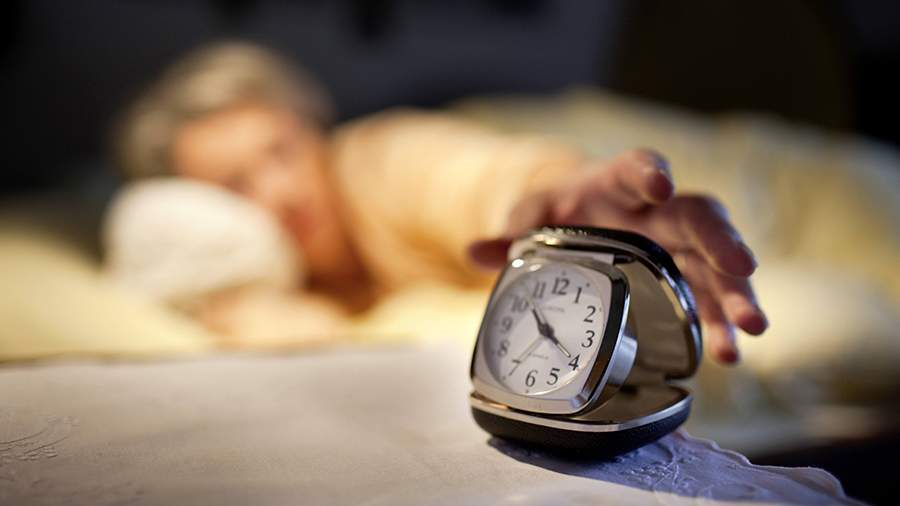The therapist named the reasons for sleep cravings during the day

Daytime sleep cravings can be associated with both diseases and lifestyle peculiarities, Maxim Alekseev, a neurologist, chiropractor, and expert doctor at the Semeynaya clinic network, told Izvestia on April 7.
"As hackneyed as it may sound, we need a regime. Our body likes regularity. For example, he gets ready to read when he wakes up at 5 a.m., releasing the appropriate hormones. And if you missed their peak concentration, then even after sleeping nominally longer, you won't get daytime vigor. If your rhythm of life has changed, your body will need to calibrate its biorhythms anew," the expert noted.
In addition, the desire to fall asleep during the day can be influenced by nutrition. According to the doctor, a hearty dinner with lots of carbohydrates will not add morning vigor. In addition, even mild dehydration reduces blood circulation and oxygen supply to the brain, which causes lethargy.
The lack of light also has an effect — in the dark, a person produces melatonin, which is responsible for falling asleep. Insufficient illumination will provoke drowsiness, the neurologist said.
"Monotonous work or routine reduces the activity of the brain, which is why it "shuts down" in an attempt to save energy. A sedentary lifestyle also puts the body in an "energy—saving mode," Alekseev said.
Speaking about what problems with the body lead to daytime drowsiness, he noted a lack of iron, which is necessary for many metabolic processes. Even with normal hemoglobin levels, a state of latent iron deficiency is possible in which the brain will not be able to cope with the load.
"Vitamin deficiency, especially vitamin D deficiency, is a common cause of daytime sleepiness in modern workers who are constantly in rooms without exposure to ultraviolet radiation. Chronic stress, depletion of the reserves of the adrenal glands and nervous system eventually leads to drowsiness, general weakness and depression," the doctor explained.
In addition, the deficiency of thyroid hormones also affects infectious diseases — sluggish latent infections can often cause daytime drowsiness. Rheumatological, oncological diseases, and rare neurological diseases can also cause constant daytime sleepiness.
"However, in practice, serious scary diagnoses should be the last thing to think about because of their rarity. First of all, you need to analyze your lifestyle and adjust it. If this does not help, visit a therapist, neurologist and endocrinologist, who will draw up an examination plan and help determine the diagnosis," concluded Alekseev.
Earlier, on March 14, Sergo Tsenteradze, a neurologist and somnologist at the Department of Sleep Medicine at UCB No. 3 of the Sechenov University Clinical Center, told Izvestia that sleep disorders can be a factor provoking depression. He stressed that sleep is essential for the prevention of neurodegenerative diseases. So, even one sleepless night leads to an accelerated accumulation of beta-amyloid in the brain, a protein that plays an important role in the pathogenesis of Alzheimer's disease.
Переведено сервисом «Яндекс Переводчик»
